Posts
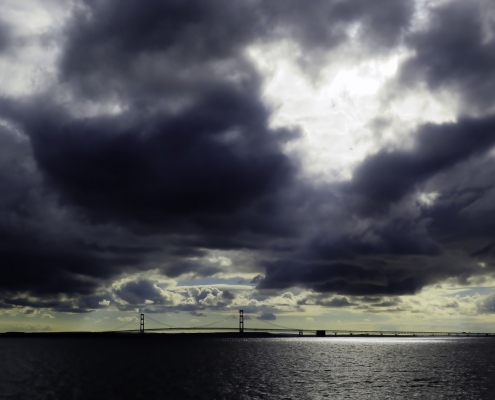 https://www.circleofblue.org/wp-content/uploads/2021/03/04-MackinacBridge.jpg
1079
1600
Circle Blue
https://www.circleofblue.org/wp-content/uploads/2018/06/Circle-of-Blue-Water-Speaks-600x139.png
Circle Blue2021-04-01 08:22:252021-04-01 09:29:46Is The Line 5 Tunnel a Bridge to Michigan’s Energy Future or a Bad Deal?
https://www.circleofblue.org/wp-content/uploads/2021/03/04-MackinacBridge.jpg
1079
1600
Circle Blue
https://www.circleofblue.org/wp-content/uploads/2018/06/Circle-of-Blue-Water-Speaks-600x139.png
Circle Blue2021-04-01 08:22:252021-04-01 09:29:46Is The Line 5 Tunnel a Bridge to Michigan’s Energy Future or a Bad Deal?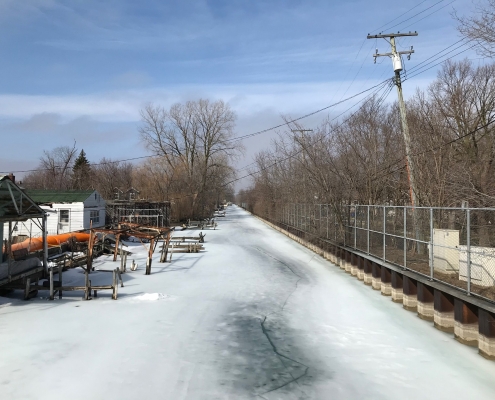
In Flooded Michigan Neighborhoods, Who Should Pay For Sea Walls?
Who should pay to stop the floodwaters?
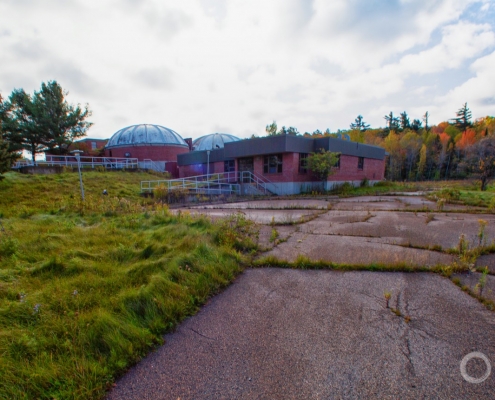
Michigan’s Rural Water Systems Confront Generations of Inadequate Investment
A critical juncture is reached for providing water to Michigan's rural communities.
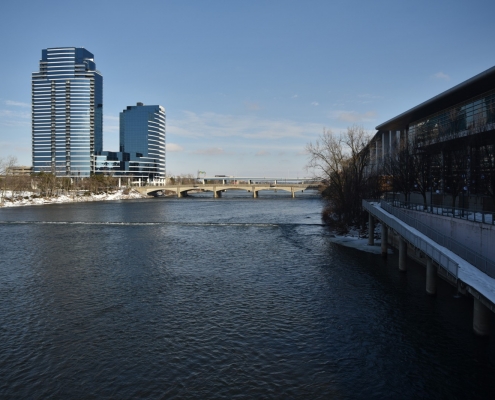
Some Cities Are Turning to Natural Infrastructure to Deal With Extreme Rain Events
Climate change in the Great Lakes region means more intense storms. Already some towns are finding they’re flooding where they never have before. One city in Michigan is finding the solution is nature.
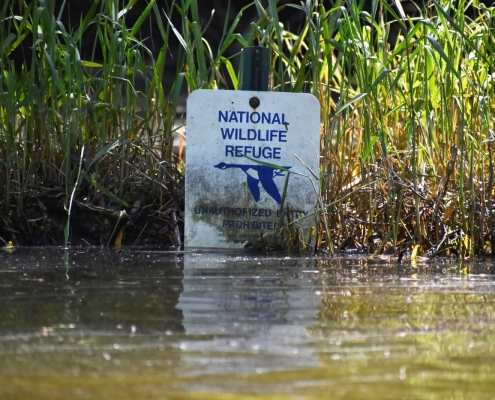
Wetlands Can Help Prevent Property Damage and Save Lives During Floods
Some experts say there’s a way to reduce the effects of floods in the future: more wetland areas.
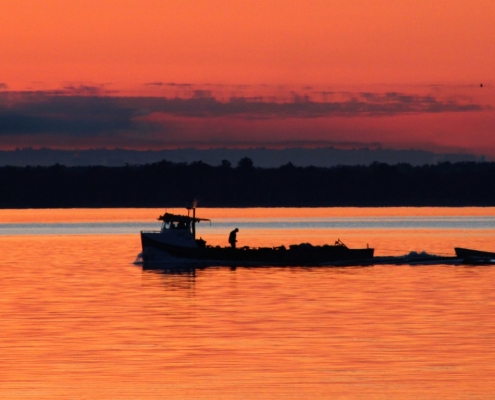
Treaty Rights Acknowledged For First Time in Oil Pipeline’s Controversial History
Michigan’s Indigenous communities hold long-standing legal rights to protect lands and waters.
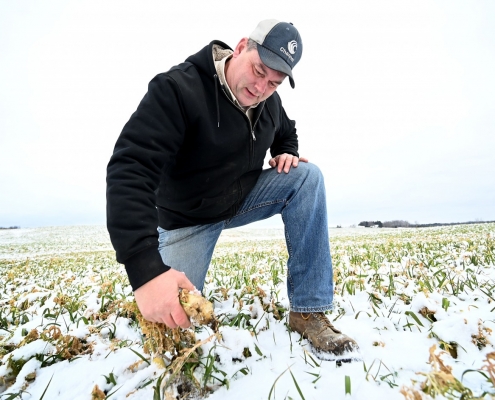
Too Few Farmers are Curbing Pollution in Lake Erie. Should They be Forced?
As climate change complicates Lake Erie’s algae problem, scientists say farmers must do far more to reduce phosphorus runoff. But will enough farmers change their ways without a government mandate?
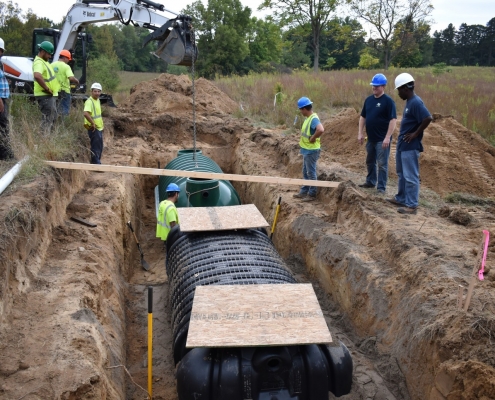
Rights vs. Regulations: When it Comes to Septic Codes, Property Rights Remain a Big Barrier
A significant number of residential septic systems need repair or replacement, but efforts to enact a statewide code have been hampered.
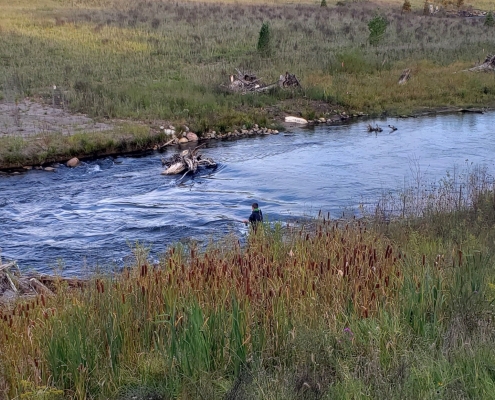
Michigan Rivers Changing Due to Climate Disruption
Severe storms can lead to intensive flooding, soil erosion and disruption to fish populations. Timing is everything in nature.
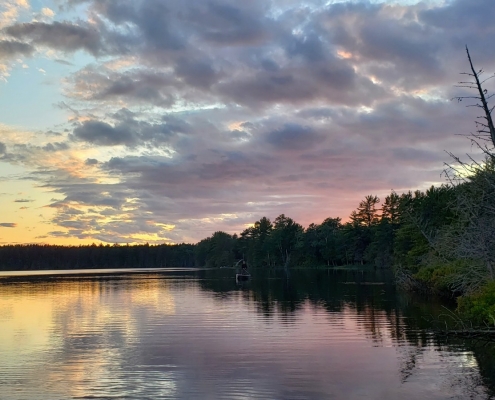
Climate Change is Affecting The Kind of Fish You Can Catch in Michigan’s Inland Lakes
Warming waters are hard on some fish, such as walleye, and more favorable to others, such as smallmouth bass. With so many environmental stresses, it’s difficult to gauge the future of individual lakes.
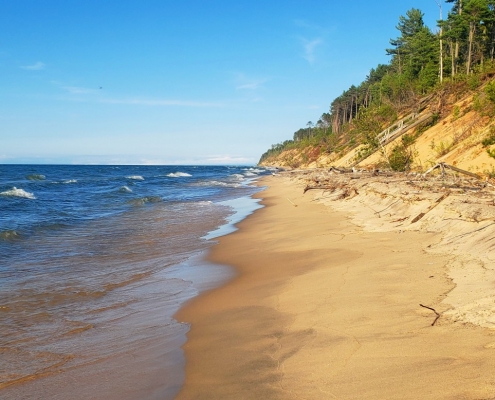
The Future of Lake Superior with Climate Disruption
With warming temperatures, fluctuating water levels and a series of extreme storms, Lake Superior is undergoing dramatic alterations amid climate change.


